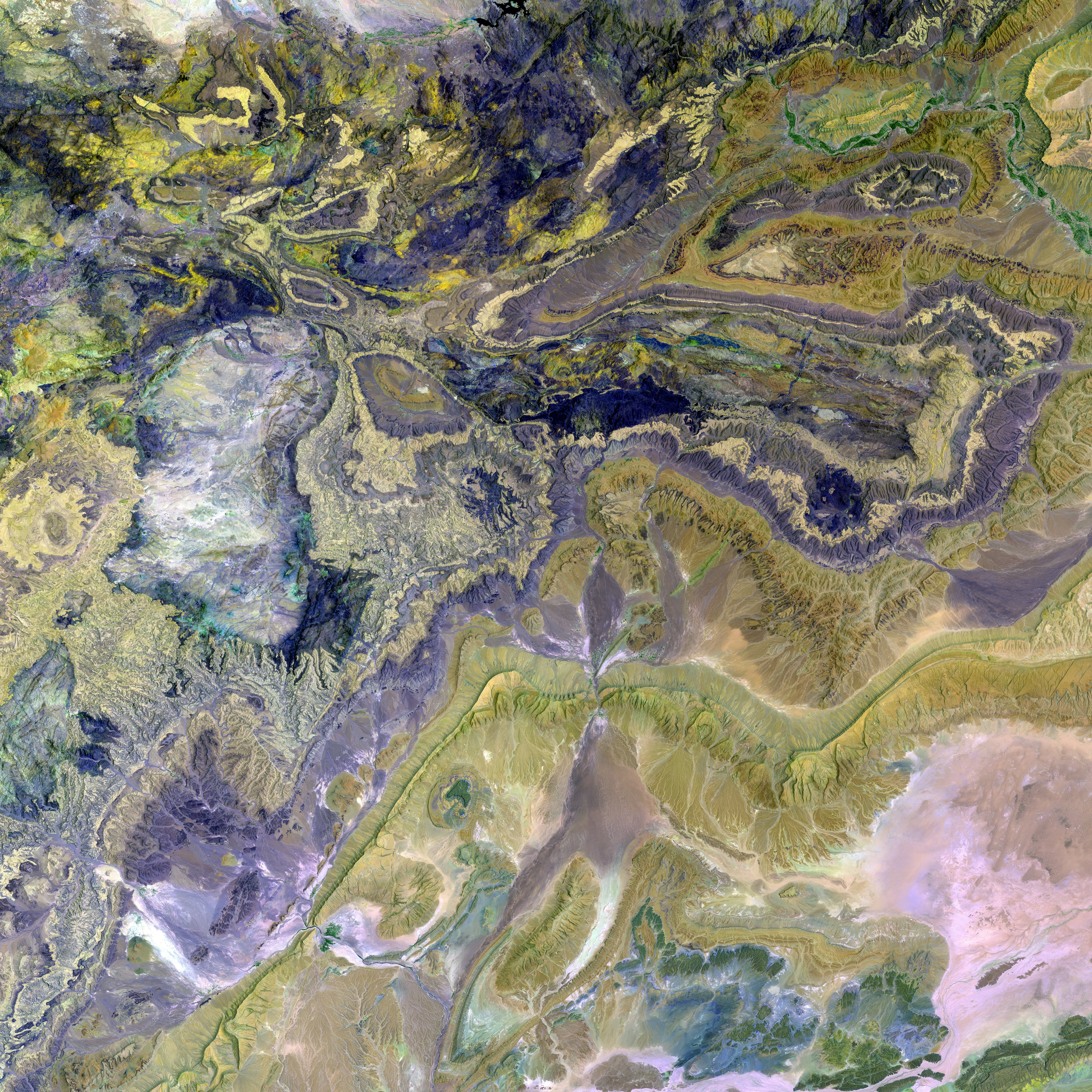Protesting Turkish Cypriots claim imposition of Islamic teachings in the education system by Turkey
Headline: Thousands Rally Against Perceived Turkish Influence and Polification in Northern Cyprus Capital
Crowds of Turkish Cypriots filled the streets in the ethnically divided capital of Nicosia to voice their opposition to what they perceive as an attempt by Turkey to erode their secular roots and strengthen the influence of political Islam within their society.
On the fringes of the ethnically divided capital, a large gathering of demonstrators coalesced, holding up placards that read "It won't pass" and "Cyprus will stay secular." They raised union banners and congregated to attend a concert as part of this latest protest wave led by leftist trade unions.
The demonstrations aim to express staunch opposition towards what the protesters allege is an attempt by Ankara to change the Turkish Cypriot society gradually through the introduction of Islam into their education system. This movement started in recent months with the right-wing Turkish Cypriot authorities deciding to lift the ban on wearing headscarves in high schools, but not on symbols of other religions.
Teachers, political parties, and leftist groups have joined the chorus of condemnation, declaring this move an encroachment on the highly secular education system they fear would ultimately lead to the "Islamization" of Turkish Cypriot society.
Elma Eylem, President of the Turkish Cypriot Secondary Education Teachers' Union KTOEÖS and one of the protest's key organizers, described the alterations in education regulations as evidence of an effort at "social engineering" to mold Turkish Cypriot society according to the edicts of Turkey's ruling AKP party.
"This issue is not merely concerned with a headscarf or regulation," she explained. "It is rather a step taken by the AKP in their attempts to deepen the political Islam domination over the Turkish Cypriot Community."
Eylem also disclosed that a legal challenge to the headscarf ban has been initiated at the Turkish Cypriot Constitutional Court, signifying a long-term struggle ahead for secularism advocates.
The protest happened a day before Turkish President Recep Tayyip Erdoğan's visit to breakaway northern Cyprus to inaugurate a complex of government buildings, emphasizing Turkey's ongoing strategic commitment to supporting the Turkish Republic of Northern Cyprus (TRNC).
Towards a Resumption in Peace Talks
The politically and geographically divided island nation of Cyprus has been separated since 1974, following Turkey's invasion that followed a coup backed by the Greek junta with aspirations of union with Greece. The TRNC holds independence recognized only by Turkey, which maintains around 35,000 troops there.
Last Friday, UN Secretary General António Guterres announced the appointment of María Angela Holguín Cueñas as his personal envoy on Cyprus, with the mandate to explore ways to revive peace talks that have been stalled since 2017.
Modest progress was made between the leaders of the two communities in early April when they agreed upon a series of confidence-building measures, such as restoring neglected cemeteries and setting up a joint group of young people from both sides of the divide to discuss issues important to them.
Sources
- Turkish Cypriots protest against Islamist push in Northern Cyprus, Middle East Monitor
- Turkish President Erdogan to visit Cyprus amid escalating tensions, Al Jazeera
- Cyprus: the politics of divided identity, BBC
- A Time for Action in Cyprus, Project Syndicate
Related Topics:
- Turkey
- Recep Tayyip Erdoğan
- Cyprus
- Cyprus conflict
[1] https://www.middleeastmonitor.com/20211129-turkish-cyprus-protests-against-islamist-push-in-northern-cyprus/[2] https://www.aljazeera.com/news/2022/3/6/turkish-president-tayyip-erdogan-to-visit-cyprus-amid-escalating-tensions[3] https://www.bbc.com/news/world-europe-10609175[4] https://www.project-syndicate.org/commentary/a-time-for-action-in-cyprus-by-peter-d-galbraith-2021-03
- The protest by Turkish Cypriots, linked to perceived Turkish influence and the strengthening of political Islam, is not only about the headscarf ban in schools but also a concern about deepening political Islam domination over the Turkish Cypriot community.
- Elma Eylem, President of the Turkish Cypriot Secondary Education Teachers' Union KTOEÖS, claimed that the alterations in education regulations are an example of social engineering to influence the society according to Turkey's ruling AKP party's edicts.
- The latest protest wave, led by leftist trade unions, aims to express opposition to what the protesters perceive as an attempt by Turkey to change the Turkish Cypriot society gradually through the introduction of Islam into their education system.
- On platforms like LinkedIn and VK, there has been an increase in discussions about the policy-and-legislation changes, general news, and politics relating to the demonstrations and the future of the Turkish Cypriot community.









